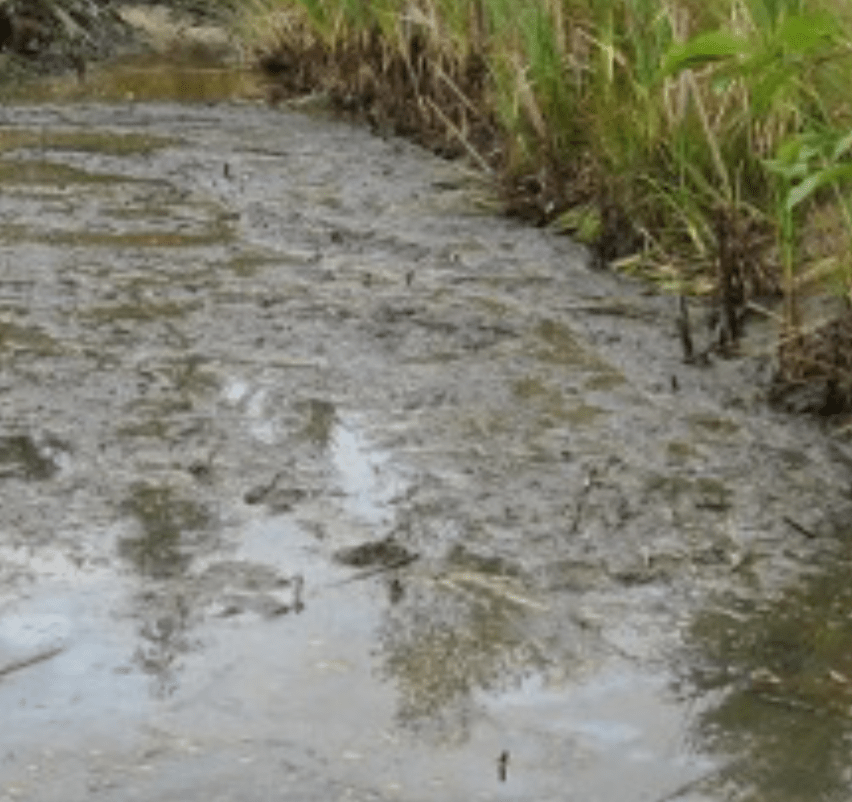As a precautionary measure, the Lawrence Township Health Department and the New Jersey Department of Environmental Protection are advising the public to avoid coming in contact with the water, keep animals away from it and not eat fish caught in Colonial Lake and the Shabakunk Creek due to the possibility of harmful algal blooms in the lake.
These blooms have developed most likely due to the excessively hot, dry weather New Jersey has been experiencing recently. Harmful algal blooms typically occur during late summer to early fall in still or slow-moving water and may last days or weeks. They are generally blue or green in color and may appear as scums, clumps, floating mats, or spilled paint. These harmful algal blooms are caused by cyanobacteria, also known as blue-green algae, and can produce toxins and other irritants which pose a risk to human, pet, and livestock health. Suspected harmful algal blooms should be reported to the New Jersey Department of Environmental Protection, Monday through Friday, 8:30 a.m. – 5:00 p.m. at 609-292-0427 or the NJDEP hotline at 1-877-WARNDEP.
RECOMMENDED ACTIONS:
- Avoid contact with water in the vicinity of the algae bloom, especially in areas where blue-green algae are dense and form scums.
- Do not drink or consume the water. Boiling, filtration and/or chlorinated will not remove toxins and will not make the water safe for drinking.
- Fish should not be eaten as the health effects remain unknown.
- Do not breathe water spray in areas of the bloom.
- Keep pets and livestock away from the water. Do not allow animals to drink the water, eat dried algae, or groom themselves after contact with the water.
- If people, pets, and livestock come into contact with a bloom, rinse off with fresh water as soon as possible.
Seek medical attention or a veterinarian if a person or animal are experiencing adverse health effects after exposure to an algal bloom. Young children, pregnant women, people with weak immune systems, and animals are especially at risk.
To view more information click here to read the Cyanobacterial Harmful Algal Blooms Fact Sheet.
The Township is working closely with NJDEP officials to monitor the conditions. Information will be posted when the advisory is lifted or if there are changes to the conditions of this advisory.




